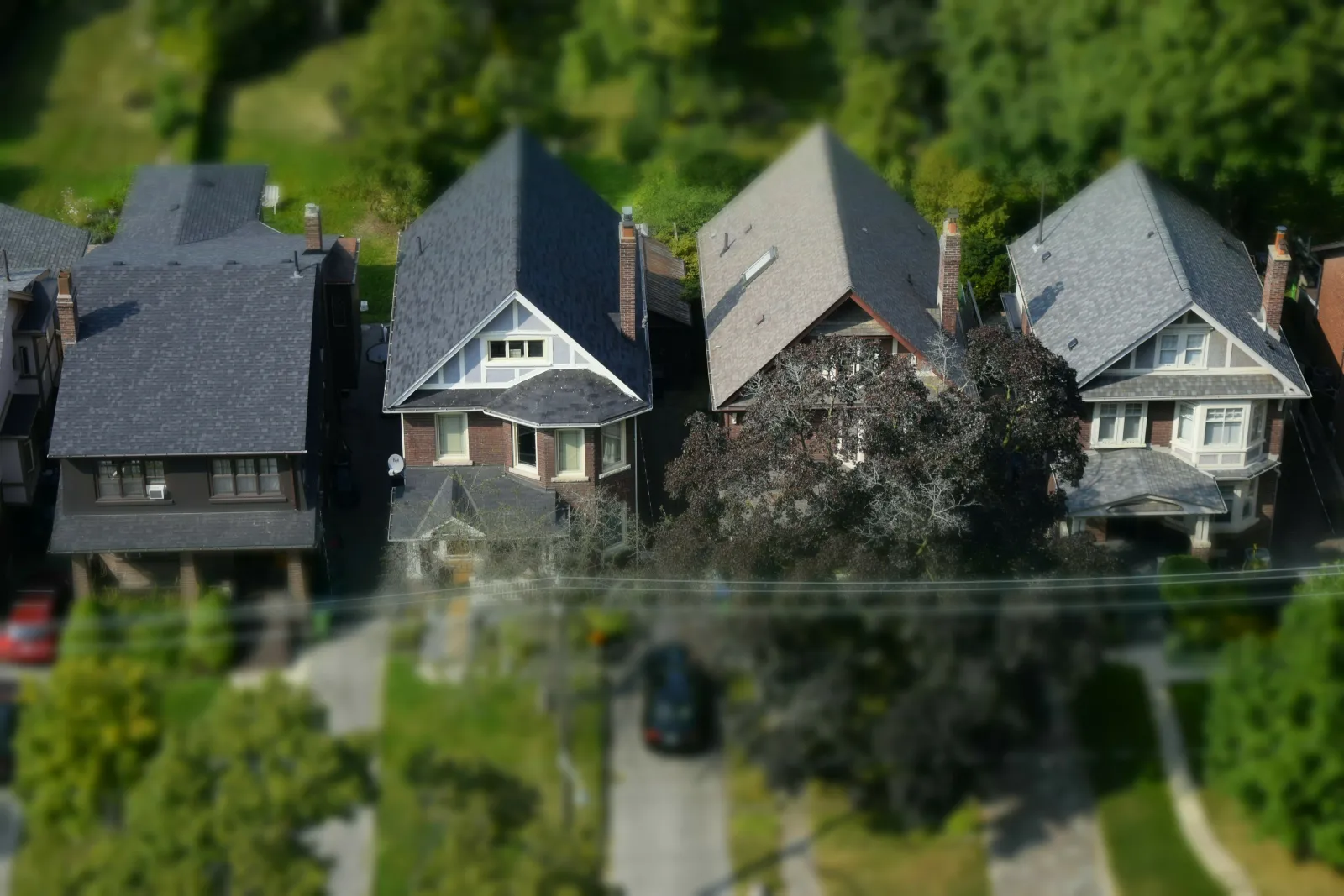For most of my inspection career I drove a small hatchback. It was sporty and versatile, got great gas mileage, and all my tools (including two ladders) fit neatly in the back. However, a challenging client once suggested that I wasn't a "real inspector" because I didn't have a big truck and a large extension ladder. How could I possibly inspect a roof if I wasn't climbing all over it?
What a terrific opportunity to provide a little education on what to expect from a roof inspection!
Not all inspectors walk roofs. In fact, none of the Standards of Practice established by leading professional organizations mandate that inspectors walk on roofs. They acknowledge that every roof and every inspector is different: there may be conditions at the time of the inspection that make roof walking perilous, or the inspector may have a physical limitation. Whether or not an inspector walks a roof doesn't mean they are a more or less qualified inspector or are providing a less valuable service (more on that later).
Not all roofs are safe to walk on. A fall from even a first story roof can maim or kill, and roofs taller than 2 stories or at a pitch greater than 7/12 pose even more significant risk. If you have a roof that falls into these categories, your inspector may automatically refer you to a higher-level evaluation by professionals who have specific training and equipment to do so.
Walking on a roof causes damage. Roofs are not walking surfaces! They can be damaged by being walked on - especially slate, metal, tile, or other specialty roofs. Even asphalt shingles themselves experience additional wear and tear each time someone steps on them. I have seen asphalt roofs where the granules to the shingle substrate (which provide important protection from sun, hail, and other environmental effects) have been worn away to the point where pathways are visible!
So...if an inspector does not walk a roof, how is an evaluation performed?
Inspectors are trained to gauge the age of a shingle just from appearance, as well as to identify specific conditions and concerns through basic visual inspection. A great deal can be determined of a roof by an inspector on the ground with binoculars, from a ladder leaned against the roofline, and from the interior of the attic - especially with a moisture meter and infrared camera. Drones can be incredible tools as well, but FAA restrictions may prevent their use in many areas so their use is not ubiquitous.
Ask Your Inspector: Most standard roofs in this region last about 15-20 years, although materials are improving. All roofs benefit from professional maintenance every 6-10 years, however, so it can be important to set expectations and plan accordingly.
When it comes to your inspection, don't hesitate to ask your inspector how they evaluate roofs and what their specific recommendations might be for your property.
----------
About Cingo: The name Cingo means to surround and secure, conveying the company's commitment to home protection. The company has been protecting families in the Southeast since 1974. It provides home protection services throughout Georgia and South Carolina, including Atlanta, Augusta, Charleston, Douglas, Dublin, Milledgeville, Savannah, Vidalia, Waycross and all points in between. Cingo was named a Best Place to Work in Georgia by Georgia Trend Magazine and listed as a National Best & Brightest Company to Work For. Learn more at www.cingohome.com.

